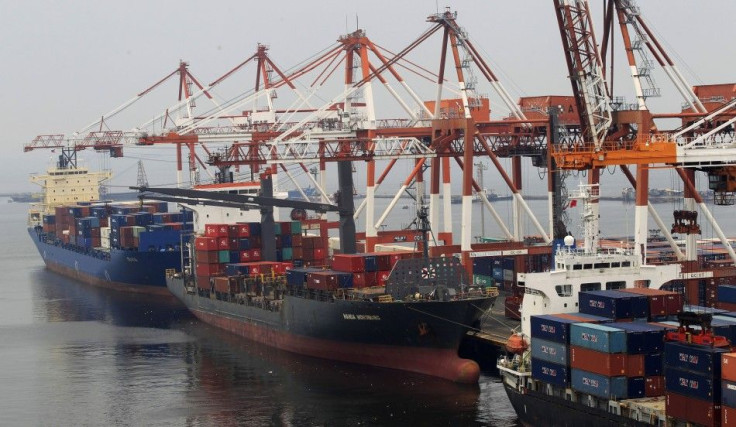UK Ramps Up Ebola Monitoring in Shipping Industry

The United Kingdom has bolstered monitoring efforts of the Ebola virus on its shipping industry. The government has deployed agents from the Maritime and Coastguard Agency to inspect all ships entering the waters of the UK that may have visited ports of the countries affected by the deadly disease in west Africa. Ship authorities are mandated to declare the "health status" of all personnel onboard.
A report by the Guardian, citing a circular the MAC sent to ports and their pilots, said a ship in British waters will be required to divert to a port designated by the marine authorities should there be someone onboard suspected to have the Ebola virus infection.
According to the London-based insurance business Steamship Mutual, there are no known seafarers yet that have contracted the virus so far. However, Ebola's "virulence has created an atmosphere of fear. There are examples of crews refusing to enter ports in countries where outbreak of the disease has been reported."
AP Moller-Maersk, the world's biggest liner operator, disclosed trade in Liberia has been greatly affected, down by at least 30 per cent. Eva Maria Kops, its Liberia country manager, has revealed some Asian countries had refused to accept cargoes from the affected areas.
Ebola is not easily contracted. To get the infection, one has to have had physical contact with the virus carrier. But still, Kops said the liner has strictly warned all its crews to limit security inspections by shoreside authorities of the vessels, as well as avoid unnecessary contact with port officials.
She added crews are kept up to date as well as taught how to handle the situation. "They wear full suits across the whole body, shoe covers and masks as long as shoreside people are on board. There is no shaking of hands between the two sides as there used to be," the Guardian quoted Kops. AP Moller-Maersk has four ships designated to handle the west African region.
The International Maritime Organization (IMO), citing recommendations from the World Health Organization, said an Ebola-related general ban on trade or travel is uncalled for. "The movement of ships, including the handling of cargo and goods, to and from the affected areas, should continue as normal in order to reduce the isolation and economic hardship of the affected countries," Andy Winbow, the IMO's maritime safety division director said.
Steamship Mutual has provided the following list of Ebola update in all ports in west Africa.





















